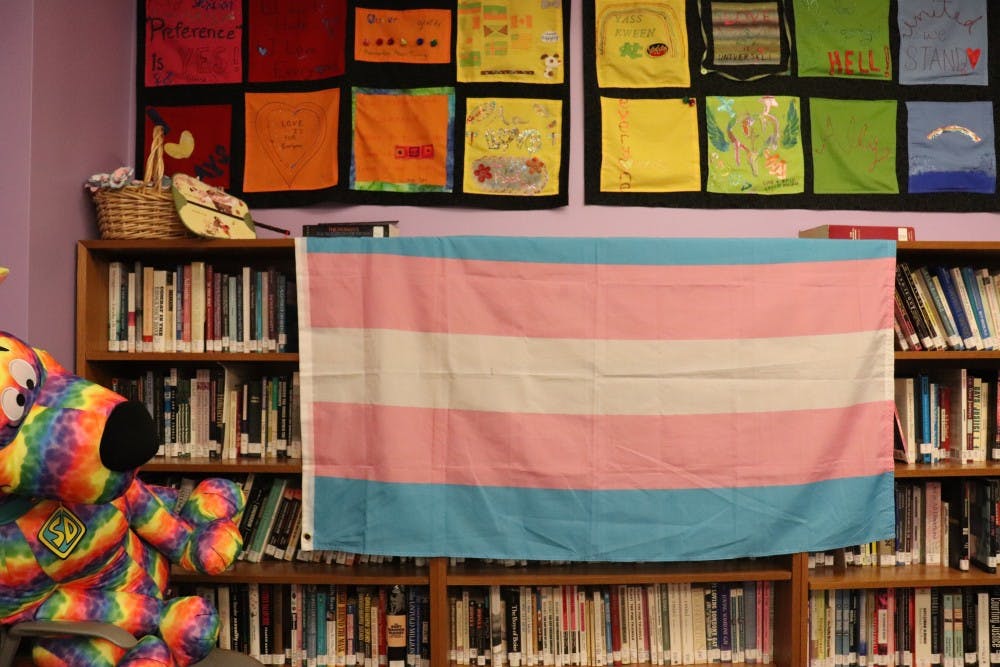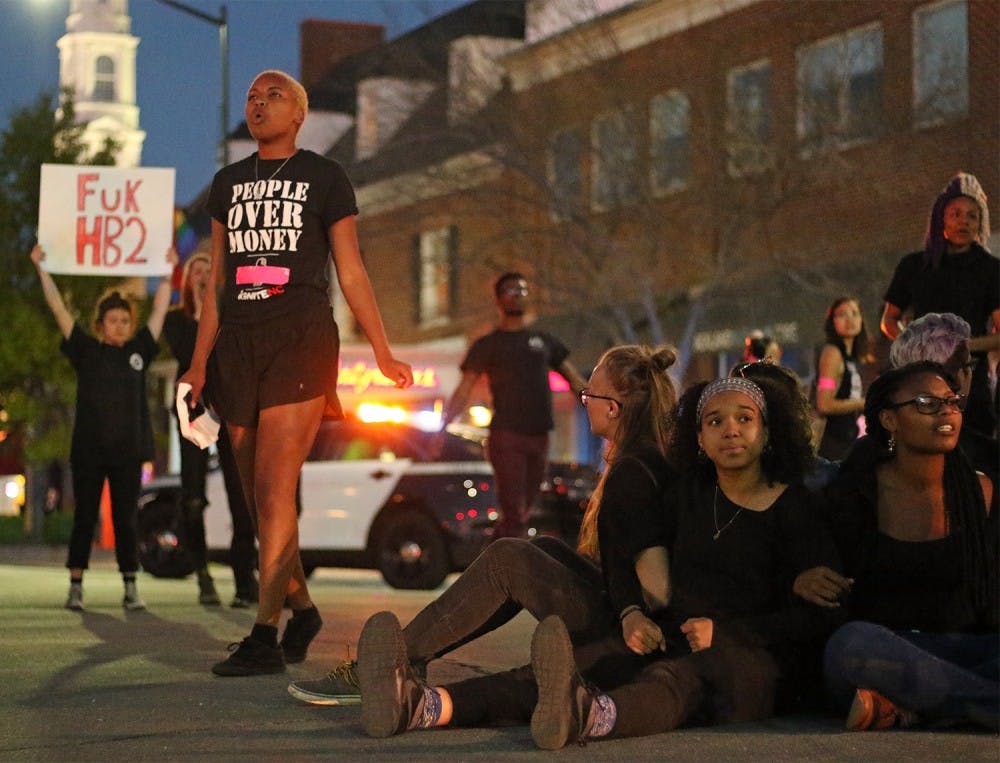The news that the U.S. Department of Health & Human Services is considering establishing a legal definition of sex under Title IX has stoked fears of erasure and persecution among some — perhaps especially in North Carolina, the state of the 2016 “bathroom bill.”
Title IX bans discrimination on the basis of sex in educational environments, but an internal memo obtained by The New York Times revealed that the Department of Health & Human Services is leading an effort to define gender as unchangeable and defined at birth. This would effectively erase transgender identities as they apply to Title IX requirements.
Brennan Lewis, a campus advocate for LGBTQ+ rights, expressed anger and concern about the possible change.
“The proposed change is unprecedented and flies in the face of previous court rulings across the country,” Lewis said. “I don’t understand why the administration would consider removing protections for a marginalized group in this way — their statement only serves to harm LGBTQ+ folks.”

The LGBTQ Center hosts Trans Talk Tuesday at Caribou Coffee every second Tuesday of the month.
For many North Carolinians, who have spent the last few years watching the politics around House Bill 2, this new proposal resembles battles witnessed in the state legislature.
House Bill 2, passed in March 2016, required North Carolina residents to use the public restroom matching the sex listed on their birth certificate. After a year of backlash, the bill was repealed and replaced with House Bill 142, which prohibits municipalities from regulating restrooms, but simultaneously blocks nondiscrimination laws until 2020.
After these moves by the state legislature, many activists are concerned about new policy on the federal level, especially how it could affect education, health care and legal resources for discrimination.



